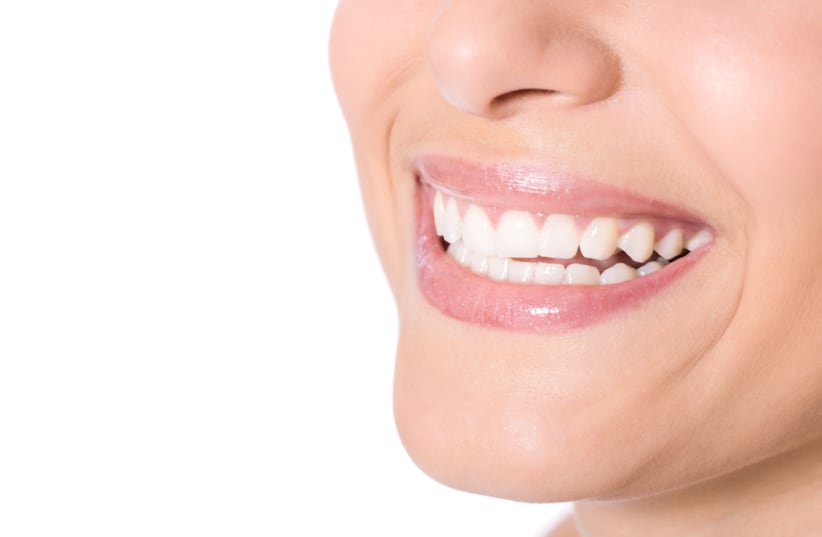The security situation following a prolonged period of warfare has significantly heightened the anxiety levels of Israelis. This has led to a dramatic increase in phenomena like teeth grinding and jaw clenching (bruxism), but there is a new and surprising solution.
War can bring with it warmongering phenomena like "baby-boom," but as seasoned war students, we already know it can also bring difficulties and problems for those untouched physically. One prominent effect is heightened anxiety, and unfortunately, life in Israel provides plenty of reasons for anxiety and mental tension.
Similar to emotional eating or sleep disorders, one prominent symptom of anxiety is "bruxism" - grinding or clenching teeth during sleep or wakefulness. Often done unconsciously, it complicates treatment. Over time and depending on the intensity of the grinding, severe damage to teeth can occur, ranging from cracks to actual tooth loss. It's almost certain that an anxious individual doesn't need, and perhaps cannot even bear to tolerate, such suffering.
Since the outbreak of war, we've experienced an unprecedented wave of visits to our network clinics across the country due to pain and damage resulting from teeth grinding and jaw clenching. And when we recall the coronavirus that befell us, it's safe to say we didn't recognize dimensions like these for such a phenomenon.
Recently, as if "by invitation," a new treatment has entered the treatment basket: the injection of Botulinum Toxin (Botox) into the chewing muscles.
Good for night grinders too
This is a very safe and very clever treatment in its simplicity - a dentist injects a small amount of Botox into the chewing muscles, preventing muscle activity in the intended area, effectively stopping teeth grinding. So far, the prominent way to treat bruxism was through a night guard worn on the teeth during sleep.
The problem with the old treatment is that the night guard only addressed those suffering from sleep bruxism and not those who clench their teeth while awake (about 20% of patients), and it required a commitment from patients, of which at least half did not adhere - continuous nightly use of the guard. Botox, on the other hand, offers a solution for both day grinders and nighttime clenchers.
What's important to know about the new treatment? The material is approved for use by the American FDA and the Israeli Ministry of Health and is administered in dental clinics by qualified dentists. The treatment itself lasts only a few minutes.
The substance's effect lasts for several months, so the treatment needs to be repeated every 3-6 months, with the interval increasing as time passes.
Sometimes, temporary side effects may occur, including: mild pain at the injection site that dissipates quickly, localized bleeding (in the form of a small blue spot) at the injection site that disappears within a few days, and in rarer cases - a feeling of reduced chewing strength and very rarely - a slight droop in the smile line. All side effects are reversible.
So whether it's the security situation, the economic one, or for any reason you're dealing with teeth grinding, know that you now have a way to treat the condition and prevent physical damage and perhaps more than that. Quiet days for all of us.
Dr. Shelly Modai is the Medical Director of the Northern Region at "Clalit Smile" Clinics Network.
